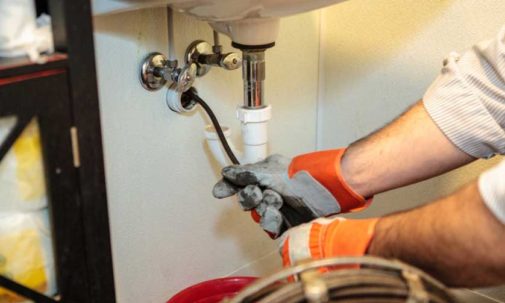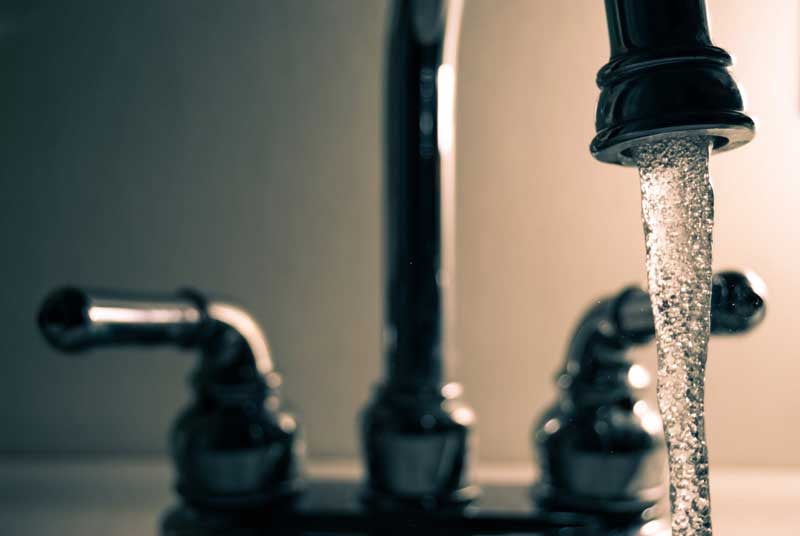Almost everyone maintains their own unique idea involving The Importance of Regular Plumbing Inspections.

Plumbing is something we make use of on a daily basis and which the majority of us recognize little concerning. Looking for your very own plumbing fixtures as opposed to getting them through your plumber enables you choose from a broader option and also conserve money.
Lots of people recognize with plumbers, that involve their house to unblock a drain or mount a home appliance. When building plumbings mount piping in a home, for example, they work from blueprints or illustrations that show the planned location of pipelines, plumbing components, as well as appliances.
Water enters your home via a pipeline that connects either to a community water line or an exclusive well. Taps, like all plumbing components with moving components, are apt to need more repair than non-moving fixtures. The less stress you put on your faucets, the less regularly they need repair service.
If your plumbing components drain slowly, the problem may be a stopped up vent. This happens when vents are incorrectly situated and when birds or animals deposit debris in the vent where it exits the roof.
Whatever your desired plumbing tasks, the very first step is to familiarize yourself with the water system in your house. At least it is important to recognize where to switch off the mains in case of an emergency.
If you have actually ever gone camping for a weekend break, you know it does not take long to miss out on running water, flushing toilets, tidy garments, and also hot showers. These modern comforts are the benefits of plumbing systems. Your residence has a number of separate plumbing systems. Sinks, commodes, washers, bathtubs, and associated fixtures. Kinds of pipes for different plumbing usage might differ, from:
The Importance of a Plumbing System in a Home
Although we take it for granted, it has been less than a century since indoor plumbing became the norm in the United States. We expect to turn on the faucet and get fresh, clean water, or jump into a hot shower or bath without concern, and we have no trouble keeping our dishes and laundry clean with modern appliances. All it takes is a plumbing disaster make you truly appreciate the importance of a well-functioning home plumbing system.
To put the importance of a sanitary plumbing system into perspective, the UN estimates that 1.5 million children die each year due to a lack of sanitation, and 10 percent of disease around the world could be eliminated with improved sanitary conditions.
Safe, Clean Water: Health Concerns in the Bay Area
We are provided with water that is required to meet governmental standards for purity. These standards do not mean that your water is toxin-free – far from it. NBC Bay Area reports California’s Water Resources Control Board shows that 700,000 Californians are currently being exposed to contaminated water, notably the toxin Chromium-6.
Water filtration systems can help you and your family have water that is much cleaner than what is provided by your city water utility. Lead, bacteria, chromium-6, copper, atrazine (an herbicide), arsenic, and other unhealthy toxins and metals can be filtered from your water with one of the variety of advanced home water filtration systems now available. Sanitary and plumbing system matters are important factors in a healthy home.
Why Plumbing Maintenance Is Critical
Cross-contamination from the back-up of wastewater: Per city and state building codes, a physical separation (air gap) must exist between a connection for system features such as a water softener drain line into a home and a sewer. Without this gap, there can a cross connection that results in the waste water potentially backing up into a home water supply. Hidden leaks: Your plumbing system can develop a minor leak, which over time will grow and become a greater risk. As the pipes are hidden under floors and in walls, a minor leak can be present and undetected until a disaster occurs, leading to serious damage. Mold: Leaking water creates an environment in which dangerous molds flourish. Mold growing in hidden areas of your home can lead to respiratory problems and other dangerous health conditions, from mild to severe. Lead and toxins: Lead exposure is extremely dangerous. Today, lead pipes, fixtures and fittings are no longer produced, but older homes and aging city water systems often contain lead pipes or solder, as was the case in Flint, Michigan. It is important to have your home plumbing system inspected to identify lead levels in your drinking water. Lead-containing solder was outlawed through legislation in water systems in 1986, but many older homes still contain this metal. Your hot water heater. Your water heater has a limited lifespan. Tank hot water heaters are built to last in the range of eight to fifteen years, after which the system becomes corroded and stops producing as it should and is more likely to leak. Overheating due to a system failure can lead to a ruptured tank and a flooded home. Options such as a smart tankless hot water heater are far safer for your home, and provide unlimited, on-demand hot water without using energy to keep a tank of water hot while not in use. https://bfplumbingbayarea.com/blog/the-importance-of-a-plumbing-system-in-a-home/

As a serious reader on The Importance of Regular Plumbing Inspections, I think sharing that excerpt was a great idea. For those who appreciated our blog entry kindly be sure to pass it around. We love reading our article about The Importance of Regular Plumbing Inspections.